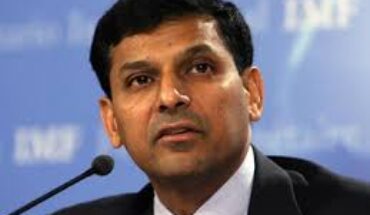New Delhi: Union Finance Minister Nirmala Sitharaman presented the Economic Survey that details the state of the economy ahead of the government’s Budget for the fiscal year beginning April 1, 2022. It projects an 8-8.5 per cent growth rate for the Indian economy in 2022-23 fiscal year 2022-23. This compares to 9.2 per cent GDP expansion projected by the National Statistical Office (NSO).
The Economic Survey 2021-22, details the state of different sectors of the economy as well as reforms that should be undertaken to accelerate growth. The gross domestic product (GDP) contracted by 7.3 per cent in 2020-21. Economic Survey focuses on supply-side issues to improve the resilience of the Indian economy.
Highlights of the Finance Ministry’s Economic Survey 2021-22.
* Pegs economic growth for 2022-23 at 8-8.5 pc; for 2021-22 GDP expansion at 9.2 pc
* Economic activity has recovered to pre-pandemic level, economy well placed to take on challenges in 2022-23
* Growth in FY23 to be supported by vaccine coverage, gains from supply-side reforms and easing of regulations
* Growth projections based on oil price projection of USD 70-75 per barrel next fiscal, against current price of USD 90
* India’s economic response to devastation caused by pandemic has been supply-side reforms, rather than demand management
* India’s agile policy response differed from the waterfall strategy of introducing front-loaded stimulus packages, adopted by most other countries in 2020.
* Robust export growth and availability of fiscal space to ramp up capital spending to support growth next fiscal
* Private sector investment to pick with financial system in good position to provide support to revival of economy
* Air India privatisation key in boosting government’s privatisation drive; calls for private participation in all sector
* Government finances to witness consolidation in 2021-22, after uptick in deficit and debt indicators in the previous year
* India transformed from being among ‘Fragile Five’ nations to 4th largest forex reserve, giving policy room for manoeuvring
* High WPI inflation is partly due to base effects that will even out, need to be wary of imported inflation, especially from elevated global energy prices
* Disruptions in the global container market not yet over; will continue to impact the global sea trade
* Crop diversification towards oilseeds, pulses and horticulture needs to be given priority
* Climate finance will remain critical to successful climate action for India to achieve its net-zero carbon emission target by 2070.





